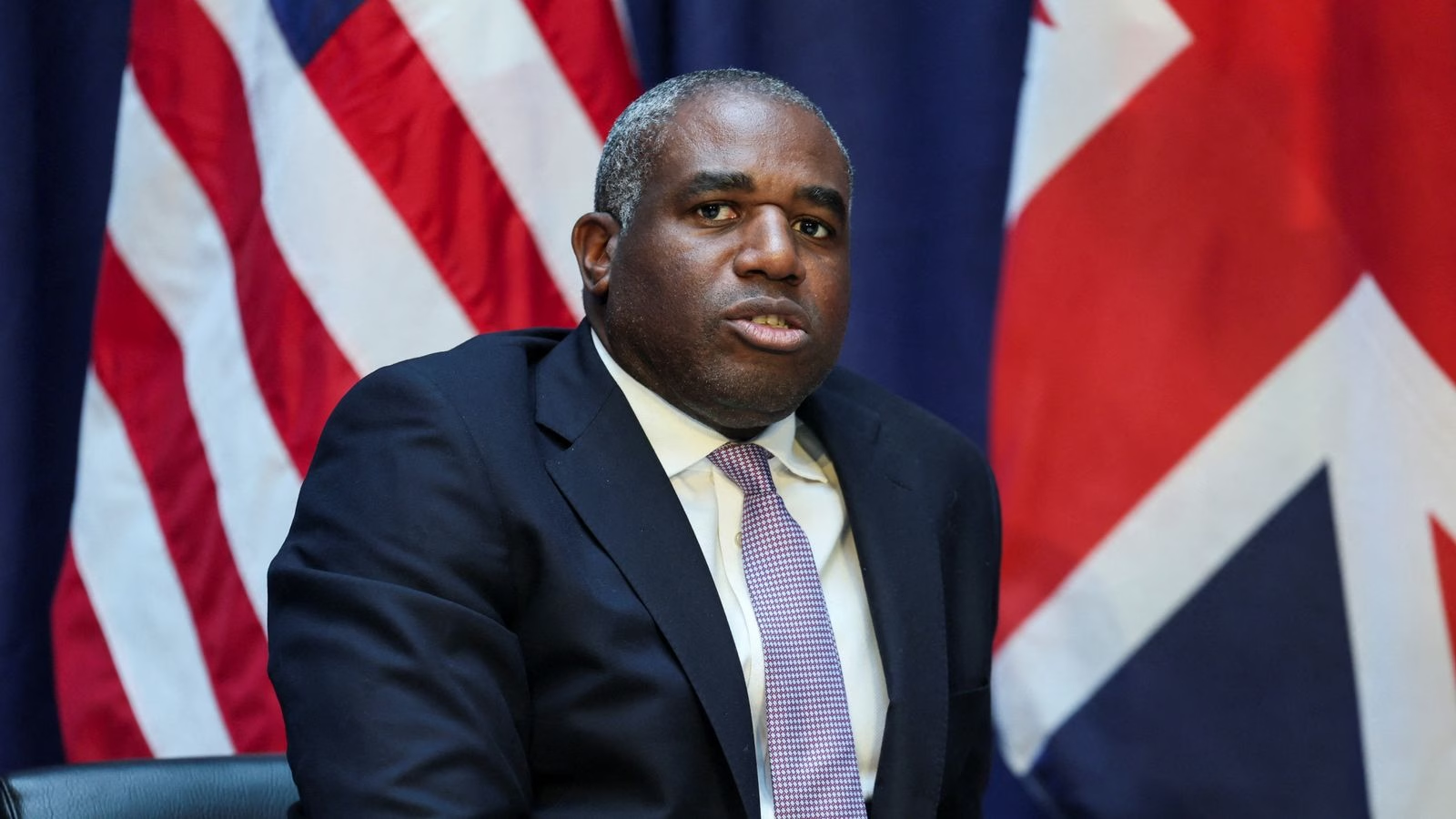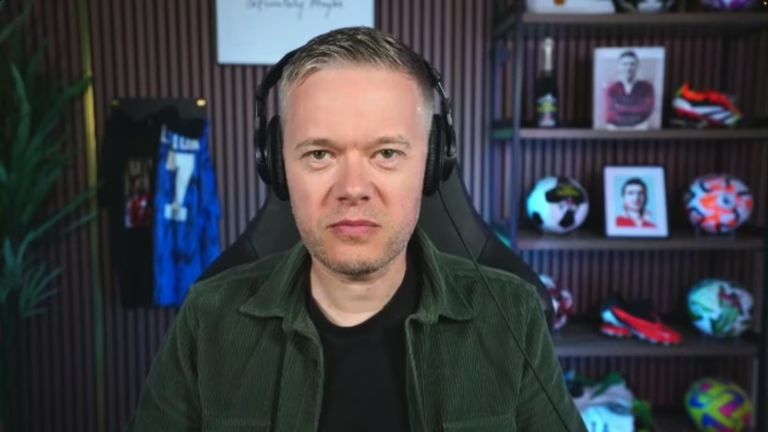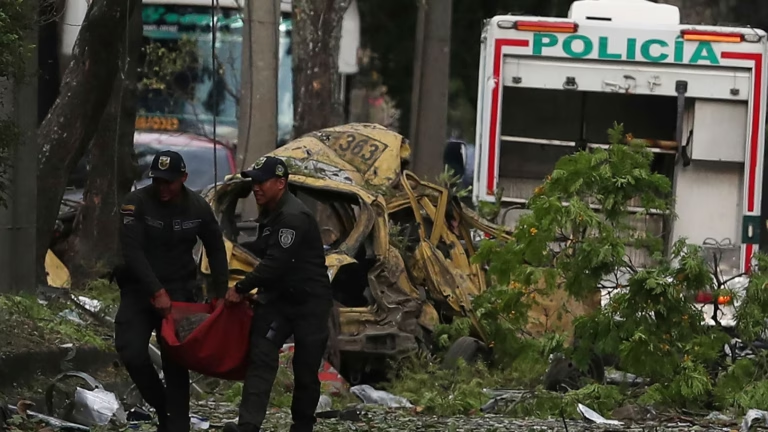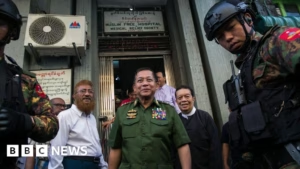The foreign ministers from Britain, France, Germany, and Italy have expressed their support for an Arab-backed plan aimed at reconstructing Gaza. This $53bn (£41bn) plan, crafted by Egypt and adopted by Arab leaders, aims to improve the living conditions for Palestinians in Gaza without displacing them.
The plan, however, has been rejected by Israel and the United States. US President Donald Trump has proposed an alternative vision for the Gaza Strip, envisioning it as a “Middle East Riviera”. His ideas, along with an AI-generated video showcasing a giant golden Trump statue, have faced international criticism.
Hamas has signaled a willingness to negotiate the second phase of Gaza ceasefire talks, citing “positive indicators”. The European foreign ministers have released a joint statement supporting the Arab initiative, emphasizing its potential to bring significant improvement to the dire living conditions in Gaza through the reconstruction plan.
The proposal includes establishing an administrative committee made up of Palestinian technocrats to govern Gaza temporarily under the supervision of the Palestinian Authority. This committee would be responsible for overseeing humanitarian aid and managing the region’s affairs.
Hamas should neither govern Gaza nor pose a threat to Israel, according to the European ministers, who also endorse the central role of the Palestinian Authority and its reform agenda. In contrast, foreign ministers from Muslim countries have dismissed Donald Trump’s suggestions to displace the Palestinian population from Gaza, supporting the Egyptian plan instead.
Further reading:
The competing plans for rebuilding Gaza after the war
Trump’s Gaza plan is so outrageous it might be part of something bigger
These discussions took place at a special OIC session in Jeddah, Saudi Arabia, aimed at addressing the situation in Gaza, as the status of the seven-week-old ceasefire between Israel and Hamas has been called into question.
Without naming Mr. Trump, the ministers declared their opposition to “plans aimed at displacing the Palestinian people individually or collectively… as ethnic cleansing, a grave violation of international law and a crime against humanity”.
The ceasefire in mid-January marked a halt in Israel’s military operations in Gaza, which aimed to counter Hamas following its attack on Israel on October 7. The initial phase of the ceasefire involved the release of Israeli hostages held by Hamas and the bodies of eight others in exchange for nearly 2,000 Palestinians imprisoned by Israel.
However, the planned second phase of the deal, which was intended to secure the release of remaining hostages, establish a lasting truce, and facilitate a full Israeli withdrawal from Gaza, is now in uncertainty.









